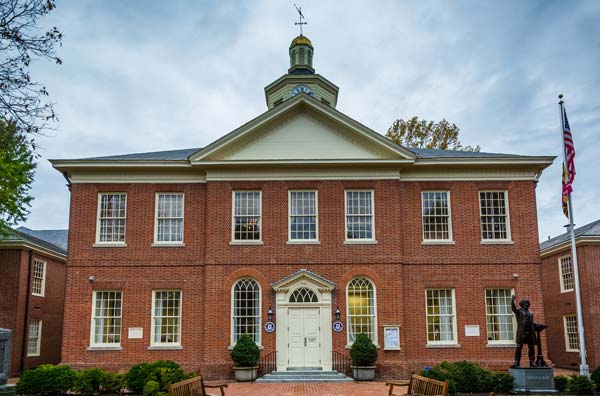Law enforcement in Maryland has many tools at their disposal. As technology continues advancing, police departments have recently begun using geofence warrants. However, these types of warrants can have potentially scary consequences for the public.
What is a geofence warrant?
A geofence or geofencing warrant lets law enforcement gather data from electronics like smartphones and tablets within a specific area. These warrants can use cellular data, Bluetooth, Wi-Fi or GPS technology to obtain data. A geofencing warrant typically gives communication and technology companies no choice but to comply and hand over information about electronic devices.
Why are some against geofencing warrants?
The first understandable problem with geofence warrants involves privacy concerns. Collecting data is typically something a person must give consent for. However, citizens are not required to consent to sharing data when law enforcement uses geofencing warrants.
Another concern about geofencing comes from people not involved or suspected of any crime. These individuals can understandably feel it’s not valid for law enforcement agencies to monitor and gather data from their private devices, especially when they’re not involved in any type of criminal law situation.
Geofencing warrants also raise suspicions about the kind of data law enforcement collects. These types of warrants often lack transparency. As the use of geofence warrants continues, this situation can lead to further distrust of law enforcement from the public.
The topic of geofencing remains controversial. In most cases, it’s nearly impossible for someone to avoid tracking through geofencing warrants. However, people can switch off certain location-related settings on their mobile devices. While it’s difficult to do, reducing or eliminating your digital footprint can protect geofencing-related data gathering.

